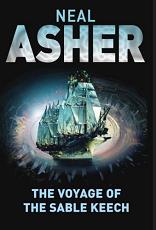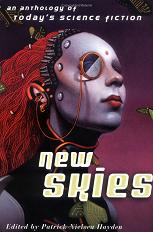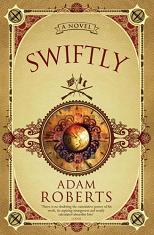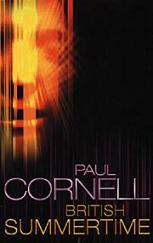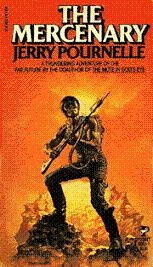
The Mercenary
Jerry Pournelle
223 pages
published in 1977
The Mercenary is one of those books in my collection I’m a bit ashamed of. Not because it’s so badly written, but because its politicsare so embarrassing. Having it on my bookshelves is a bit like owning a collection of books about the nazis and the Second World War; you can be genuinely interested but it still looks bad to see a row of red and black bookspines with swastikas plastered all over them. Yet it’s precisely because of its politics that I kept it when I was purging my collection a few years back and why I reread it now. The Mercenary is a book that stands at the root of one of the more succesful –and distasteful– science fiction subgenres: mil-sf and in it can be found a lot of what makes the genre so awful so often.
Science fiction has always had a large conservative, rightwing streak running through it and Pournelle falls squarely in this tradition. This in itself is not a problem; some of science fiction’s best writers, like Poul Anderson, H. Beam Piper or Robert Heinlein were conservatives or had rightwing sympathies and you can still enjoy (most of) their stories without necessarily agreeing with their politics, even when they’ve made them explicit. What makes Pournelle different is that he goes beyond this. He’s not just a conservative, but a reactionary. His politics as shown in The Mercenary have fascist overtones, though I don’t believe he’s a fascist himself. No doubt if you asked him he would describe himself as an American conservative and believer in a strong democracy, though weary of the wisdom of the average voter, but what comes across here is his deep pessimism and mistrust of democracy and his yearning for a saviour to safe democracy from itself.
